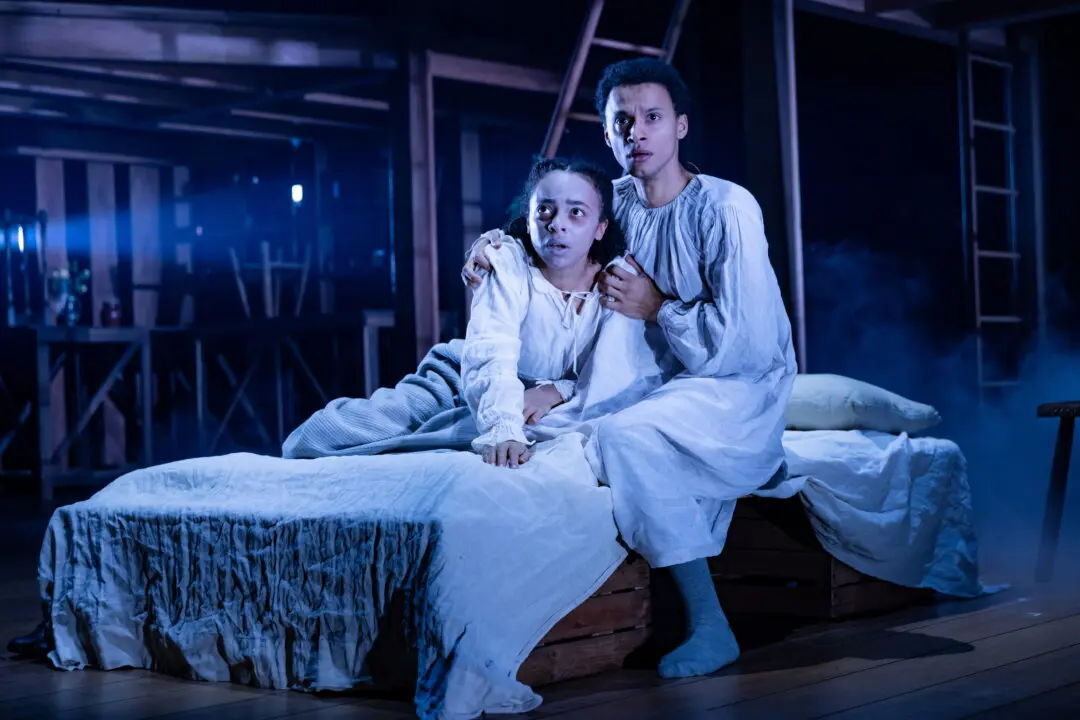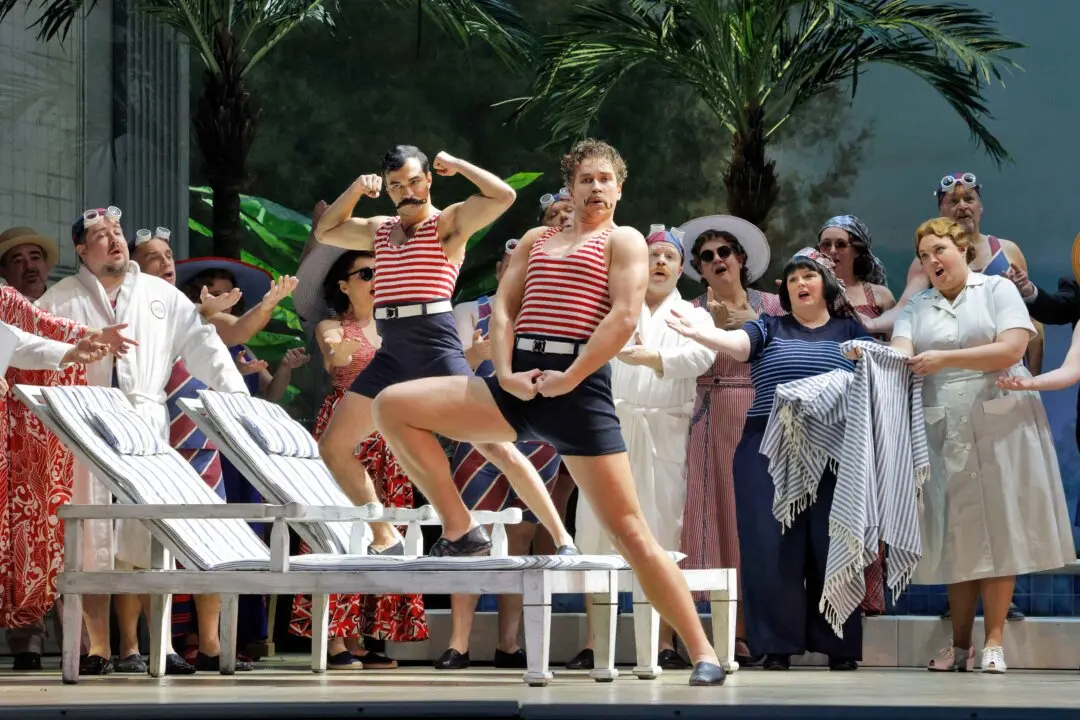CHICAGO—“Carmen” has a tragic ending as did the opera’s composer Georges Bizet (1838–1875). In his lifetime, he considered himself a failure, for when his last opera, “Carmen,” was mounted in Paris in 1875, it received poor support from the public. After all, Parisians were not pleased at the sight of gypsy characters and women smoking on stage or its theme of erotic obsession.
Henri Meilhac and Ludovic Helévy based the libretto on Prosper Mérimée’s 1845 novella “Carmen,” which was inspired by a true story. However, digging into the sordid lives for the sensationalizing themes of betrayal and murder offended the Parisians of the time. How could it not be provocative?




